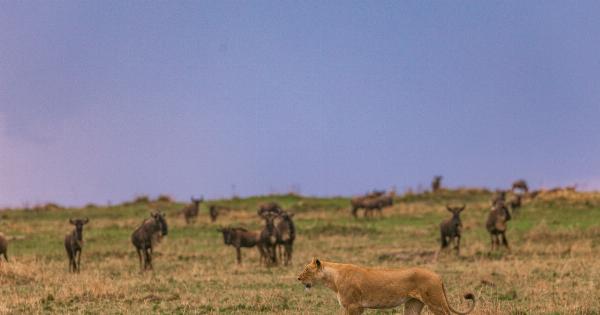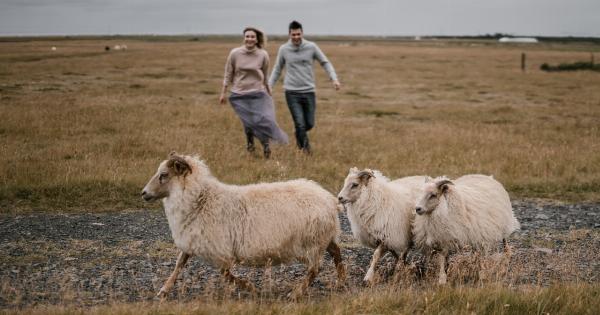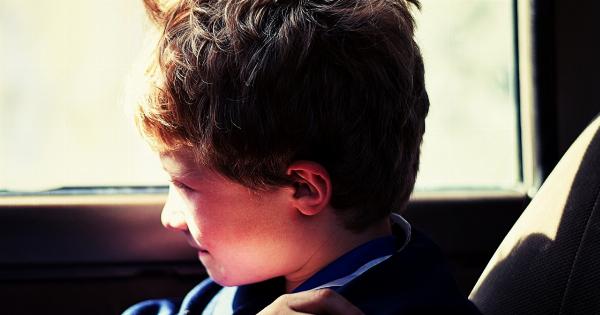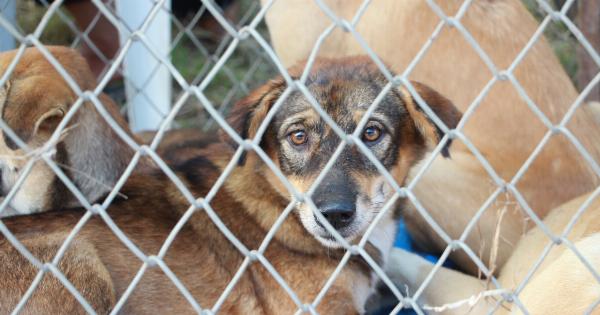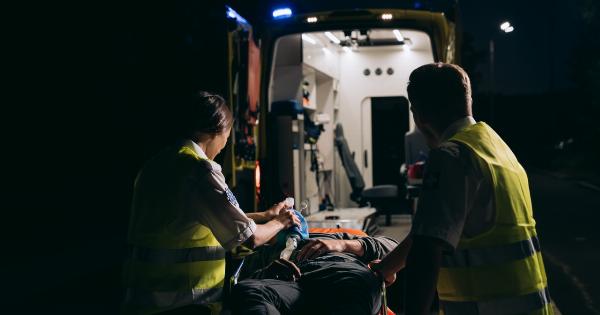Animal rescue organizations play a crucial role in saving and improving the lives of countless animals around the world. These unsung heroes work tirelessly to rescue, rehabilitate, and find forever homes for animals in need.
Through their dedication, compassion, and unwavering commitment, these animal rescue heroes unite to make a significant difference in the lives of our furry friends.
Understanding Animal Rescue Organizations
An animal rescue organization is a non-profit group that focuses on rescuing, rehabilitating, and rehoming animals in need.
These organizations vary in size, structure, and scope but all share the same goal — to provide a second chance to animals who have been neglected, abandoned, or abused.
Animal rescue organizations may specialize in specific types of animals, such as dogs, cats, horses, or wildlife. They may also focus on rescuing animals from particular situations, such as puppy mills, hoarding cases, or disaster areas.
Regardless of their specialization, animal rescue organizations are driven by their unwavering commitment to saving lives and improving animal welfare.
The Heroes Behind Animal Rescue
The individuals involved in animal rescue organizations truly deserve the title of heroes.
From dedicated staff members to passionate volunteers, these individuals selflessly devote their time, energy, and resources to ensure the well-being of animals in their care.
1. The Rescuers: Rescuers are the frontline heroes who go above and beyond to save animals from dire situations.
Whether it’s pulling an animal from a high-kill shelter or rescuing them from unsafe living conditions, these individuals are willing to put their own safety at risk to give animals a chance at a better life.
2. The Caregivers: Once animals are rescued, they require specialized care to recover physically and emotionally. Caregivers play a vital role in providing medical treatment, rehabilitation, and daily care.
They nurse animals back to health, ensure their overall well-being, and shower them with love and attention.
3. The Foster Families: Many animal rescue organizations rely on dedicated foster families to provide temporary homes for animals until they are ready for adoption.
These foster families give animals a safe and nurturing environment, helping them transition from a stressful past to a brighter future.
4. The Adoption Team: The adoption team works diligently to find loving forever homes for rescued animals. They carefully screen potential adopters, facilitate meet-and-greets, and assist in the adoption process.
This team ensures that each animal finds the perfect family and that the adoption is a successful and lasting one.
5. The Advocates: Animal rescue heroes extend their roles beyond direct animal care. Advocates fight for stronger animal welfare laws, speak out against animal cruelty, and educate the public about responsible pet ownership.
Through their advocacy efforts, these heroes strive to create a more compassionate society for animals.
Challenges Faced by Animal Rescue Organizations
Despite their unwavering dedication, animal rescue organizations face numerous challenges in their mission to save lives. Some of the common challenges include:.
1. Limited Resources: Animal rescue organizations often operate on limited budgets and rely heavily on donations and volunteers. Lack of funds can limit their ability to provide comprehensive medical care, adequate facilities, and support services.
2. Overpopulation and High Euthanasia Rates: The issue of overpopulation is a major challenge faced by animal rescue organizations.
High euthanasia rates in overcrowded shelters remain a grim reality, and rescue heroes tirelessly work to combat this problem through spaying/neutering campaigns and promoting adoption.
3. Emotional Toll: Witnessing the effects of neglect and abuse on animals can take a toll on the emotional well-being of rescue heroes. Caring for animals who have suffered trauma requires immense empathy and strength.
4. Lack of Awareness: Many people are unaware of the importance of adoption and the work done by animal rescue organizations.
Educating the public about the benefits of adopting a rescue animal and supporting these organizations is crucial to their success.
The Impact of Animal Rescue Organizations
The impact of animal rescue organizations is immeasurable. Not only do they save individual lives, but they also contribute to the overall well-being of animals in society. Some key impacts include:.
1. Saving Lives: Animal rescue organizations give animals a second chance at life. They rescue animals from dire situations, provide them with necessary medical care, and find them loving homes.
Without these heroes, countless animals would face a bleak future.
2. Reducing Overpopulation: Through spaying/neutering campaigns and promoting responsible pet ownership, animal rescue organizations play a significant role in reducing overpopulation and the subsequent euthanasia rates in shelters.
3. Preventing Animal Cruelty: Animal rescue organizations often collaborate with law enforcement agencies to investigate and prevent cases of animal cruelty.
By advocating for stronger animal welfare laws and reporting abuse cases, they help protect animals from harm.
4. Community Engagement: Animal rescue organizations bring communities together by organizing adoption events, educational programs, and fundraising activities. They promote a sense of compassion for animals and inspire individuals to get involved.
How You Can Support Animal Rescue Organizations
We all play a role in supporting animal rescue organizations. Here are some ways you can make a difference:.
1. Adopt, Don’t Shop: Consider adopting a rescue animal when adding a new furry member to your family. By adopting, you give an animal a second chance at a happy life.
2. Volunteer your Time: Animal rescue organizations are always in need of volunteers. Consider offering your time and skills to assist with animal care, administration, or fundraising efforts.
3. Donate: Even a small donation can make a significant impact on the lives of rescued animals. Monetary contributions help cover medical expenses, food, shelter, and other essential needs.
4. Foster an Animal: If you can’t make a long-term commitment, become a foster parent for a rescued animal. Fostering not only provides temporary care but also frees up space in shelters for other animals in need.
5. Spread the Word: Help raise awareness about the work done by animal rescue organizations. Share their stories on social media, organize fundraising events, and encourage others to get involved.
Conclusion
Animal rescue organizations and their dedicated heroes play a crucial role in saving and improving the lives of animals in need. Through their compassion, hard work, and unwavering commitment, they provide a second chance to countless furry friends.
By supporting these organizations and getting involved, we can all become heroes in the journey to create a more compassionate society for animals.



